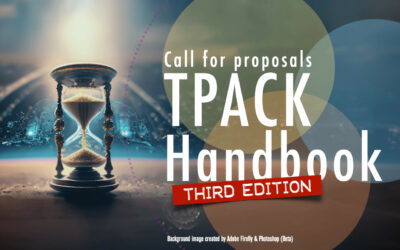Martin Seligman is one of the most eminent psychologists alive today. As his wikipedia page says, “He is well known for his work on the idea of “learned helplessness”, and more recently, for his contributions to leadership in the field of Positive Psychology.” He has served as the president of the American Psychological Association (the most significant psychological association in the country) and has written numerous bestsellers in the area of positive psychology (a field he helped establish).
I was therefore saddened to learn that his name was mentioned in Jane Mayer’s recent book “The dark side: The inside story of how the war on terror turned into a war on American ideals.” as being involved with the administration’s “enhanced interrogation” techniques [Full disclosure: I have not read Mayer’s book, and base this posting on reviews and other web based resources.]
As a posting by Scott Horton (providing a summary of key points of Meyer’s book) says:
She traces the development of the torture techniques to the work of two contractors, Mitchell and Jessen, and disclosed the specific techniques they developed. She notes that the techniques rely heavily on a theory called “Learned Helplessness” developed by a Penn psychologist Martin Seligman, who assisted them in the process… Seligman is a former president of the American Psychological Association.
It appears that Dr. Seligman has now come out with a statement denying his involvement in any of this. According to him, all he did was give a 3-hour lecture focused on how “American personnel could use what is known about learned helplessness and related findings to resist torture and evade successful interrogation by their captors.”
Though I am somewhat heartened by this denial, following up some links to stories on the web (particularly those that have directly questioned Dr. Seligman), let me to question how clearly he has distanced himself from these allegations.
In particular, I would like to quote a response made by Meyer to Dr. Seligman’s denial (read the full response here):
So- did Seligman assist the U.S. Torture program? I am careful not to say so in “The Dark Side,”- I just recount the facts of his odd visit to the SERE school. So- he is not denying anything in my book.
But now that he brings all of this up again, it would be nice if he’d answer a few more questions. What exactly did he think he was doing that day in April of 2002 with the CIA? How did he know who Mitchell and Jessen were, and, what role did he think they were playing at that time? Maybe he was as clueless as he says he was. But, why doesn’t he then tell us know what he thinks of his theories being used in this way? Does he renounce Mitchell and Jessen? Does he think they used psychology immorally? He was the head of the APA- has he ever spoken out about this? Has he ever complained to the CIA about what they did with his science? Time for some more information here…instead of non-denial denials…
Even more troublesome is this article by a psychologist, titled “Physicians, Psychologists & the Problem of The Dark Side” which includes some other responses by Dr. Seligman to some direct questions.
I have no words to describe just how terrible this entire situation is.
It is time that Dr. Seligman address the questions raised by Meyer and others.
As an aside, Seligman is not the only past president of APA to be connected to such programs. As this page details, there is a longer history here that we need to know about. It is not surprising that Horton’s summary of Meyer’s book contains this statement as well:
This helps explain why the APA alone among professional healthcare provider organizations failed to unequivocally condemn torture and mandate that its members not associate themselves with the Bush Administration techniques.
It is time that APA came out with some strong and clear statements as to where the organization stands with respect to torture.
As I reviewed this post, prior to publishing it, the full impact of the previous sentence I had just written just hit me. What a sad moment for my field that one even has to make a request such as the one above!!




0 Comments